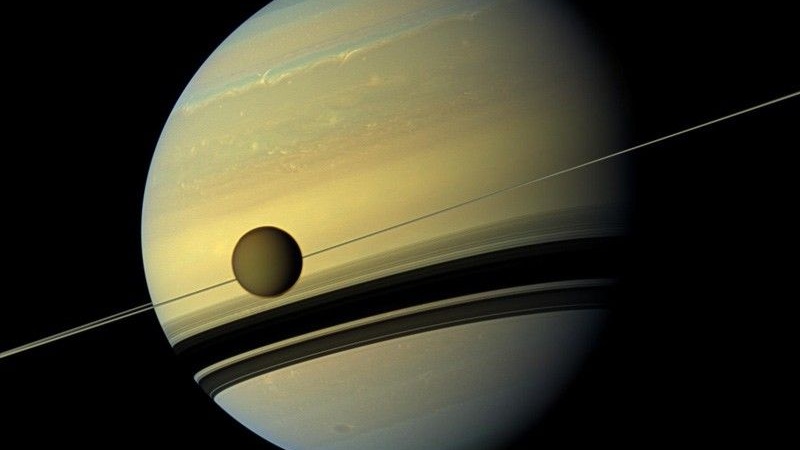The Slow Sound of a Scream on Mars
Breaking space news, the latest updates on rocket launches, skywatching events and more!
You are now subscribed
Your newsletter sign-up was successful
Want to add more newsletters?

Delivered daily
Daily Newsletter
Breaking space news, the latest updates on rocket launches, skywatching events and more!

Once a month
Watch This Space
Sign up to our monthly entertainment newsletter to keep up with all our coverage of the latest sci-fi and space movies, tv shows, games and books.

Once a week
Night Sky This Week
Discover this week's must-see night sky events, moon phases, and stunning astrophotos. Sign up for our skywatching newsletter and explore the universe with us!

Twice a month
Strange New Words
Space.com's Sci-Fi Reader's Club. Read a sci-fi short story every month and join a virtual community of fellow science fiction fans!
In space, no one can hear you scream, the saying goes. But what about on the surface of Mars?
A new computer simulation reveals just how far sound waves travel on the red planet. And if you're screaming for help, you better hope people are nearby.
Sound in air, water or any medium travels in waves that propagate as one molecule collides into the next, and so on. Because the Martian atmosphere is much thinner than Earth's, the distance between molecules is 120 times as far as in your back yard.
Scientists from Penn State University set up a computer simulation to figure out how far a sound wave would travel in Mars' thin air.
On Earth, the sound from an average scream might travel about three-quarters of a mile, depending on conditions. But it would only make it about 53 feet on Mars, according to Amanda Hanford, a researcher on the project.
Similarly, sound produced by a lawnmower travels several miles in open air on Earth, but would go only a couple hundred feet on Mars.
Sound on Mars also travels more slowly, and Hanford said that means you might not recognize your own voice.
Breaking space news, the latest updates on rocket launches, skywatching events and more!
"If you were able to produce vocal sounds on Mars-that is, if you were able to breathe carbon dioxide-your voice would be lower," Hanford told SPACE.com.
It's the reverse of talking like a chipmunk after inhaling helium. Helium gas has a higher speed of sound than the air we normally breathe, which causes our voices to sound a few octaves higher.
- The B-flat Black Hole
- First Sound Waves Left Imprint on the Universe
- Sounds in Silence: Cassini Eavesdrops on Solar Storms
- Singing Sand Dunes: The Mystery of Desert Music
- Sounds in Space: Silencing Misconceptions
- The Biggest Popular Myths
